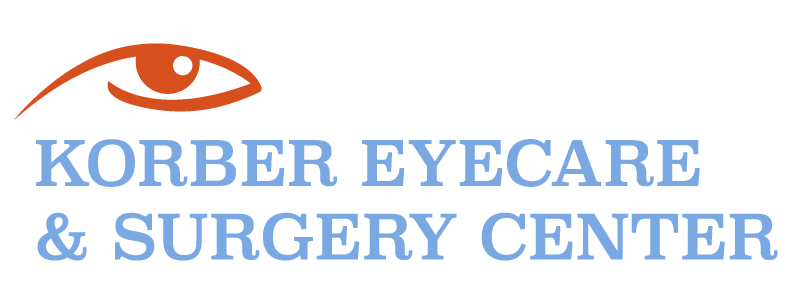Coronavirus and Eye Care- What You Need to Know
Now it is not unknown that what COVID-19 can do, it generally takes 2 to 14 days for a person notice the symptoms of the virus – fever, coughing and shortage of breath. In certain cases, the infection can become so severe that it can lead to pneumonia or even death.
A few studies suggest that coronavirus can cause rose eye (conjunctivitis) in the infected person as well as discussed by The American Academy of Ophthalmology studies. If you find redness in your eyes, you need to contact an eye doctor without delay.
How the Virus Can Affect the Eyes?
The health workers agree that conjunctivitis develops in about 1 to 3% of people who have coronavirus, health officials agree it develops.
Conjunctivitis is a membrane infection known as conjunctive disease which lines the eyelid and covers the white part of the eyeball. Symptoms include redness, weeping, crust-forming discharge and a rotten feeling in the eye.
How the Virus Is Transmitted?
The virus will spread into your faces from the nose or mouth of a person who has coronavirus and coughs, sneezes or speaks in front of you. Such droplets can be inhaled in your nose or mouth, and the virus can also reach your eyes.
You can get the virus into your eyes when you touch an area that was infected by the virus – such as the door handle.
1. Keep Your Eyes Away from Rubbing.
Don't use your fingers; just use a tissue, whether you are in a rush to wipe your eyes or to change your lenses. And if you do touch your eyes, at least twenty seconds before and after you touch the eyes, wash your hands with soap and water.
2. Switch for a Time to Eyeglasses, Rather Than to Contact Lenses
Consider wearing glasses more frequently when you appear to brush your eyes for no apparent cause. Using eye lenses rather than contact lenses reduces eye pain due to lens contacts, so you will hesitate more frequently before rubbing your eyes. When the contact lenses are still used, make sure you adhere to your contact lens hygiene so the chances of infection are that.
3. For an Extra Security Layer Wear Glasses
While your eyes can be shielded from virus droplets by sunglasses or corrective eyeglasses, they do not provide 100% protection. The virus will reach your eyes through the exposed areas of your glasses, including the face, top, and bottom. Wear protective glasses for better protection when you take care of a sick patient or when you are remotely exposed to the virus.
4. Practice Safe Sanitation and Distance from Social Services
To slow disease transmission, obey these general recommendations provided by the Center for Disease Control, CDC:
Wash your hands with soap and water as much as possible for a total of 20 seconds. Take it into action, after using the toilet, cough, blow or sneeze and before eating, to wash your face.
You should use a hand sanitizer (with at least 60% alcohol) if you do not have access to soap and water.
However, if you still face any problem related to your eyes in this time of coronavirus, do not delay to consult an eye doctor. Give a call to Korber Eye Care in OKC as we can provide you a flawless and appropriate treatment.
**Disclaimer: The above post should not substitute medical advice nor does it create a patient-doctor relationship.





